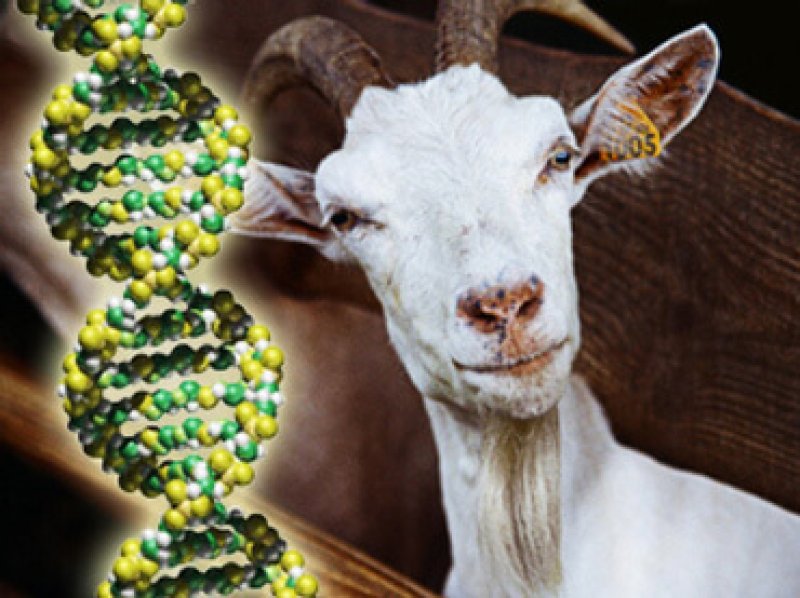If GMO plants now occupy 11% of cultivated areas in the world, only one genetically modified animal is currently authorized for consumption in Canada and the United States: a salmon with a gene producing a hormone of growth. An authorization which took more than 20 years to be granted.
…
The progress made in genetic engineering nevertheless offers, for those who consume it, dizzying prospects in terms of breeding: welcome to the farm of the future.
…
A sheep emits 8 kilograms of methane a year, a powerful greenhouse gas that contributes to climate change. Many scientists have tackled the problem of pollution from livestock, for example by modifying the diet of animals or their microbiota in order to reduce the bacteria that produce fermentation in the stomach.
The New Zealand public company AGResearch, for example, makes genetic selections for sheep that reduce methane emissions by up to 40%.
…
In 2006, the European Medicines Agency authorized the first drug developed using transgenic technology. The latter, antithrombin (an anticoagulant), is not made in a test tube but in the udder of a goat. The human gene encoding the antithrombin protein is inserted into the animal’s genome, which then produces milk containing the molecule.
According to the laboratory rEVO Biologics, which markets the drug under the name ATryn , one can thus obtain a large quantity of antithrombin (several grams per liter) at lower cost (30% to 50% savings compared to human plasma).
This article was published in French and has been translated and edited for clarity.































